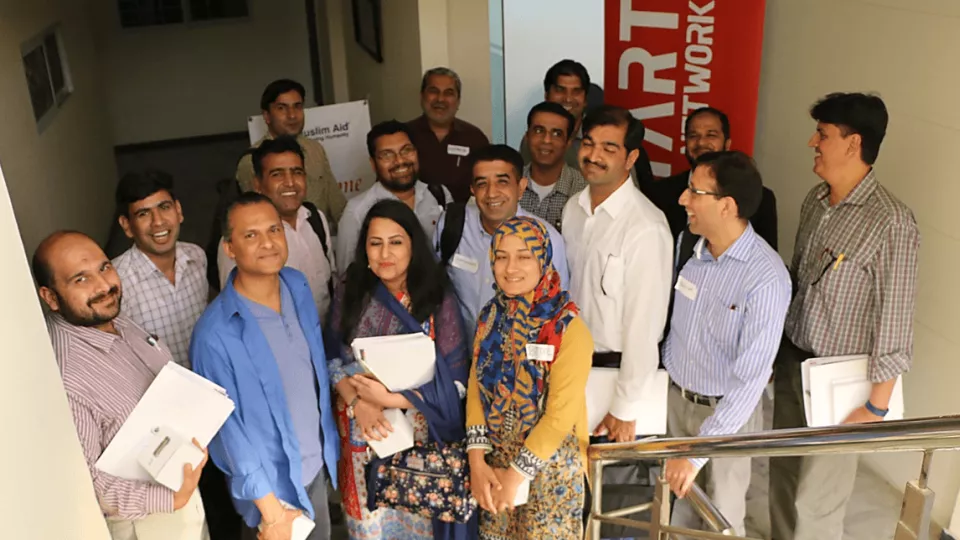
Start Fund decision making groups in Myanmar and Pakistan
Last week, the Start Network set up the third and fourth Start Fund decision making groups in Myanmar and Pakistan.

Last week, the Start Network set up the third and fourth Start Fund decision making groups in Myanmar and Pakistan.
Plan staff discovered how effective video can be in engaging girls and boys, men and women to tackle diseases like cholera.
From July to September 2014, the Start Fund responded to humanitarian needs following conflict and displacement in Yemen. International Medical Corps implemented a health intervention, integrated with some nutrition activities.
The benefits of early action are mostly uncontested among humanitarian actors. Nevertheless, humanitarian actors still find it challenging to act early for a variety of reasons.
The Start Network is stimulating a way of working that enables the international and local to coexist in a dynamic and faster response mechanism.
This report, written for Donors, Members and stakeholders, provides evidence and analysis of the Start Fund performance over 2014.
Assessing the performance of Start funded projects and their influence on the evolution of crises.
The State of Surge Capacity in the Humanitarian Sector is the largest snapshot on surge for a number of years, and reveals how surge in the humanitarian sector has evolved in the past decade.
Start Network's Shveta Shah discusses building the portfolio of projects within the Disasters Emergencies Preparedness Programme (DEPP)
Starting in early 2015, Ethiopia began experiencing its worst drought in over 30 years, with Belg rains failing in Feb-April 2015, followed by a poor Kiremt rain season in July-Sept 2015 exacerbated by El Nino.